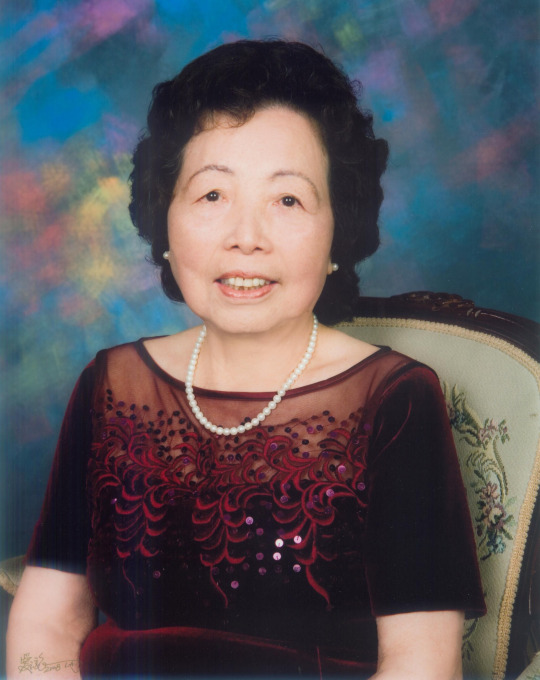By Eliza Y. Chan

At 83, AhMa was still amazingly curious about life, people and learning.
No sooner had she taken her first breath, Mother had to fight for
survival. She was born on an auspicious day for boys, but not for girls. The
midwife tried to persuade Grandma to cast her newborn into the river.
Great-Grandmother literally had to put down her bounded feet,
chasing the midwife out the door. Grandma named her daughter Ping Oi, which means “embrace
love.”
AhMa rejoiced in life, chronicling events with animated accounts
that portrayed heroes and villains alike. My love for words was kindled at an
early age by this consummate storyteller.
I was an awestruck preschooler when she introduced me to a
near-mythical great-great grandfather from an ancient time and faraway lands.
She never tired of sharing charming stories of growing up in Southern China.
Among the many stories she shared, AhMa told me about a time when
she was three years old and hundreds of people came to bid farewell to her
great-grandfather. Family members, dressed in starched white linens, led a long
procession from the ancestral home in the valley to the burial ground atop a
hill. There were servants transporting wine, roasted pigs, fruits, candles,
incense sticks, wreaths and banners as well as maids scattering white petals
and small coins.
A spirited child, my mother competed with a dozen village kids –
mostly little boys – picking up the money. An old woman, watching the
procession from her front door, called out to Ma: “Little girl, don’t you
realize this is your family’s castoff money?”
Even before her father could raise his hand, my mother said
calmly: “Wait, you haven’t heard my side of the story. Let’s have a
discussion.” Grandfather was so taken aback by her audacity that he walked away
laughing. She was never punished.
***
AhMa’s idyllic childhood was soon interrupted by the Japanese
invasion. Her accounts of those years were of hardship and missed opportunity.
Grandfather was a provincial government official who graduated
from the prestigious Fudan University in Shanghai. His daughter
only received several years of formal education because of the war. Yet, Mother
never ceased to study on her own.
An inquisitive youngster, she took an interest in Great-Grandpa’s
gold exchange business and spent hours watching the adults negotiate the best
deals. One afternoon, a handsome young man lingered after a transaction to have
another glimpse of the pretty teenage-girl behind the counter.
They were married later that year after thorough reviews of
character, lineage and astrology by both clans. AhMa was barely seventeen. BaBa
was 10 years older. Together, they would raise three girls and three boys.
***
As soon as the oldest child could walk, Mother took the two girls
and one small suitcase to join Dad who was working in Hong Kong. While Father
was advancing his jade and herbal venture, Ma honed her own enterprising
skills. She established a home-based embroidery workshop to provide jobs for
neighborhood women and expanded Dad’s business by exporting goods to North
America. With courage and determination, my parents laboriously climbed to the
middle class.
Still yearning for knowledge, Ma urged Dad to immigrate to the
United States so future generations could benefit from quality education.
Almost a century after Great-Great-Grandfather strived in the Gold Mountain, my
parents landed in Southern California.
***
In her later years, Mother transformed from storyteller to family
historian. Her fascinating stories completely captivated the grandchildren –
making her the leading character of many family-tree projects.
At 83, AhMa was still amazingly curious about life, people and
learning. Until her last months at a hospice, Mother still played competitive
mahjong and looked forward to the next family gathering.
One summer day in 2009, the Los Angeles house was packed with her
children, grandchildren, great-grandchildren and in-laws. Many had traveled
long distances to share another scrumptious meal and storytelling. It was the
last festive event she hosted.
With sorrow and gratitude, we said goodbye to Mother on November
18, 2009. She was an inspiration, a role model, and my best friend.
About the Author: A veteran communications professional, Eliza represented AWU at the United Nations Fourth World Conference on Women in China. This journey enlivened the culture and landscapes that had previously resided only in AhMa’s stories.
